How to Maintain Your Home (for Less Money)
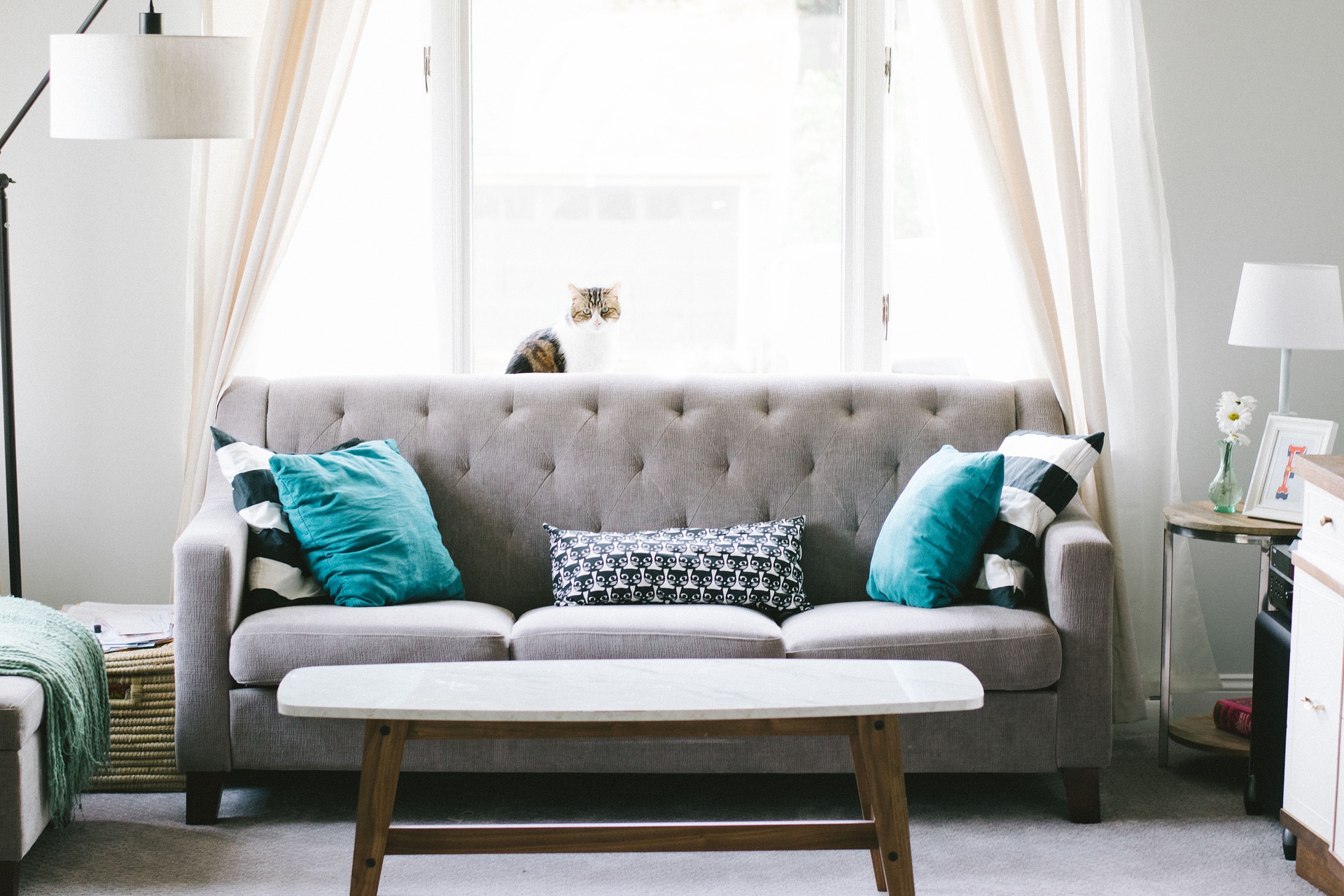
How to Maintain Your Home (for Less Money)
You think you're done with the hard part after you buy a house, but taking care of it is equally difficult. Here's how to maintain your house without breaking the bank.
Written by Liz Bayardelle, PhD | See Comments | Updated 03/06/2019
Want to cut to the chase?
Failproof Monthly Budget
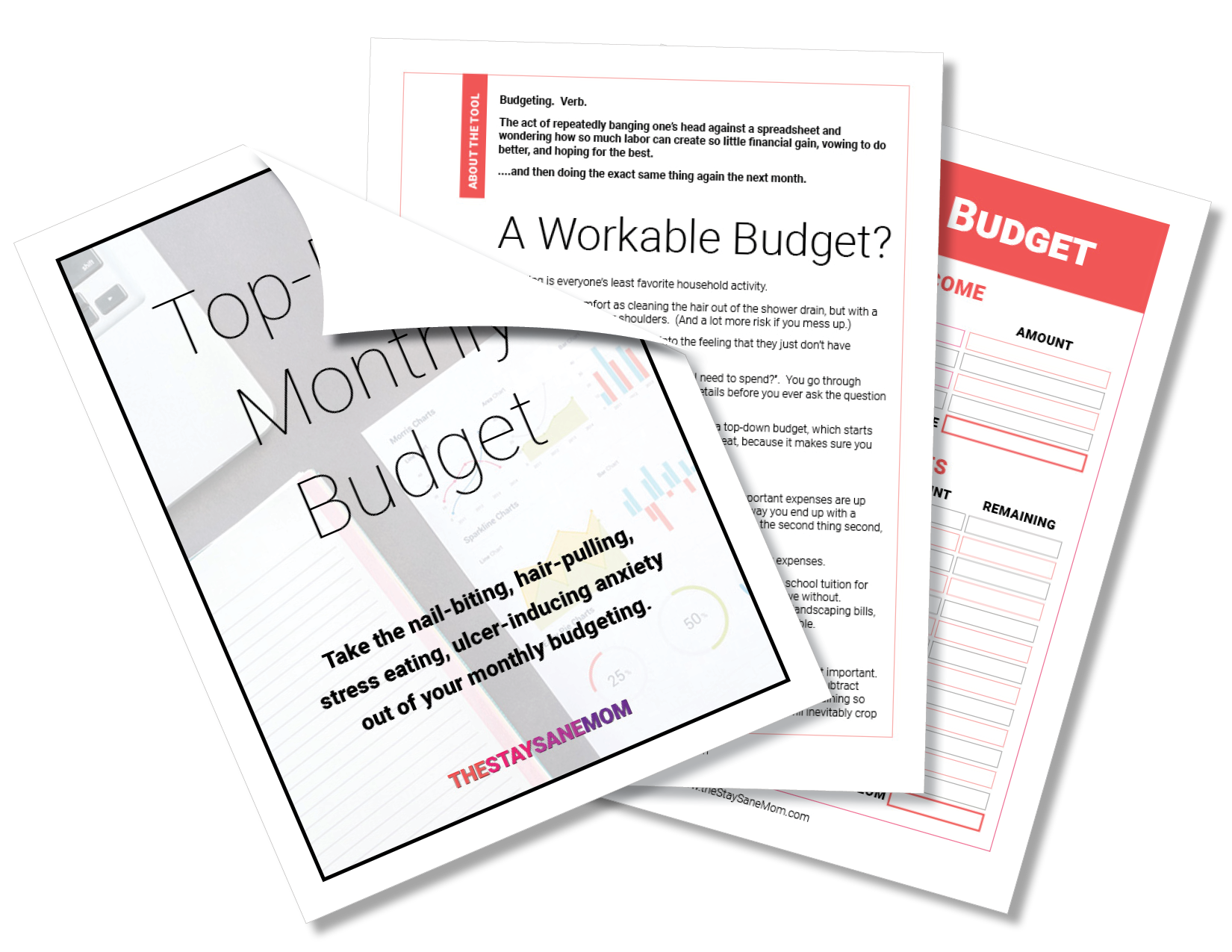
How to Maintain Your Home (for Less Money)
This post contains some affiliate links for your convenience. Click here to read my full disclosure policy.
The house we currently live in was a short sale. For those of you who are not married to a realtor, that means that the previous owners could not pay their mortgage and we were buying the house from the bank, rather than from them. This means that we didn't have to pay as much for our house, but it came 100% as is. No negotiations, no maintenance waivers, just what you see is what you get.
Unfortunately, since the previous owners had been having financial difficulties, they had switched from performing proper maintenance to the duct tape approach about a year before moving out. When we got in our house for the first time, there will literally light switches taped in the off position. There were shutters taped to the wall. I wish I was kidding.
Fast forward a half a decade and we now live in is very well maintained and properly fixed up home, but the process that let us here has made both me and my husband unwilling experts in home maintenance and repair.
What follows are my best tips, tricks, and advice for maintaining a home. These will be especially useful for those of us who live in older homes, which come with their own unique sets of problems.
Maintaining an older home can be tough work and it can get expensive too. If you want to save money on maintenance, you need to know how to patch up your property and keep it in good condition without overspending.
Spend Now to Save Later
When you buy an older home, there can be many problems that you need to tackle.
While it might be cheaper at first to take care of small problems, you don't want to spend all of your time patching things up. The costs will start to build and you can end up spending a lot more than you originally intended.
This is often the case with things like bad windows, which seem expensive to replace, but end up costing you a great deal of money on heating and cooling bills.
Sometimes, the best thing to do is to pay for more extensive home improvements with the aim of preventing future problems. This can save you more money in the long-term, even if the initial cost feels like a bit of a sting.
Avoid a Roof Replacement
While you might want it to last forever, a roof only survives for so long before it most likely needs to be replaced.
A good roof can last several decades, but it needs maintenance in the meantime. If you're beginning to wonder whether your roof needs to be replaced, there might be alternatives before you drop a huge amount of money on a new roof. In fact, simply cleaning your roof might make a big difference. Using soft washing services from a cleaning company can get your roof clean without causing any damage. It's a gentler alternative to high-pressure washing that can help your roof look like new again.
Whatever you have to do to keep your roof up-to-date, this is one of the ones you really don't want to slack off on. Having a leak in your house is one of the least fun homeowner experiences ever.
Insulate to Prevent a Range of Problems
Many older homes have problems with insulation. They might once have been well insulated but as any mom who's ever looked in the mirror can tell you, things get old.
Insulating your property properly can prevent a range of costly problems, from high energy bills to damp. You might need to add insulation to your attic or check that exterior doors and windows are of good quality. Any gaps where air and moisture might enter your home from outdoors should be addressed.
Update Heating and Cooling Systems
You need to be able to heat your home when it's cold and cool it down when it gets too hot. Especially if you have kids with the ability to speak (and therefore complain) a too hot or too cold house will lead to misery on many fronts.
Your HVAC system is an important part of your home, and an old and failing one isn't going to do you a lot of good. If you need to keep repairing it, it could end up costing a lot of money. One of the best things to replace when you first move into an older home is the HVAC system so that you can get maximum efficiency from it and ensure it will last for years to come.
If you want to save money on maintaining an older home or just a house that needs a little TLC, making updates that will help you save long-term is the best thing to do.
How to Pay For Your Renovations
The hardest part about renovating a house is finding the money to do so. Especially if you just bought a house and now it needs Renovations, this can sometimes be very depressing.
Try prioritizing from the updates which are most needed, most likely to break, or causing the most other expenses, down to the things which are cosmetic or less likely to cause further expenses.
Once you've made your priority list, fix anything that is in imminent danger of breaking as fast as you can. This is stuff like heating in the winter, air conditioning in the summer, or things with potential health hazards involved. After this, set a certain amount of money aside each month, whatever you can comfortably afford without damaging the rest of your budget. This money will slowly pile up.
Once you have enough money to fix the next item on your list, do it and then move on to the next item on your list. If something new comes up that needs to be fixed, all you need to do is decide where it belongs on your priority list.
Start Your Next Step
Failproof Monthly Budget

Get Sanity, Delivered to Your Inbox.
Care to Share?

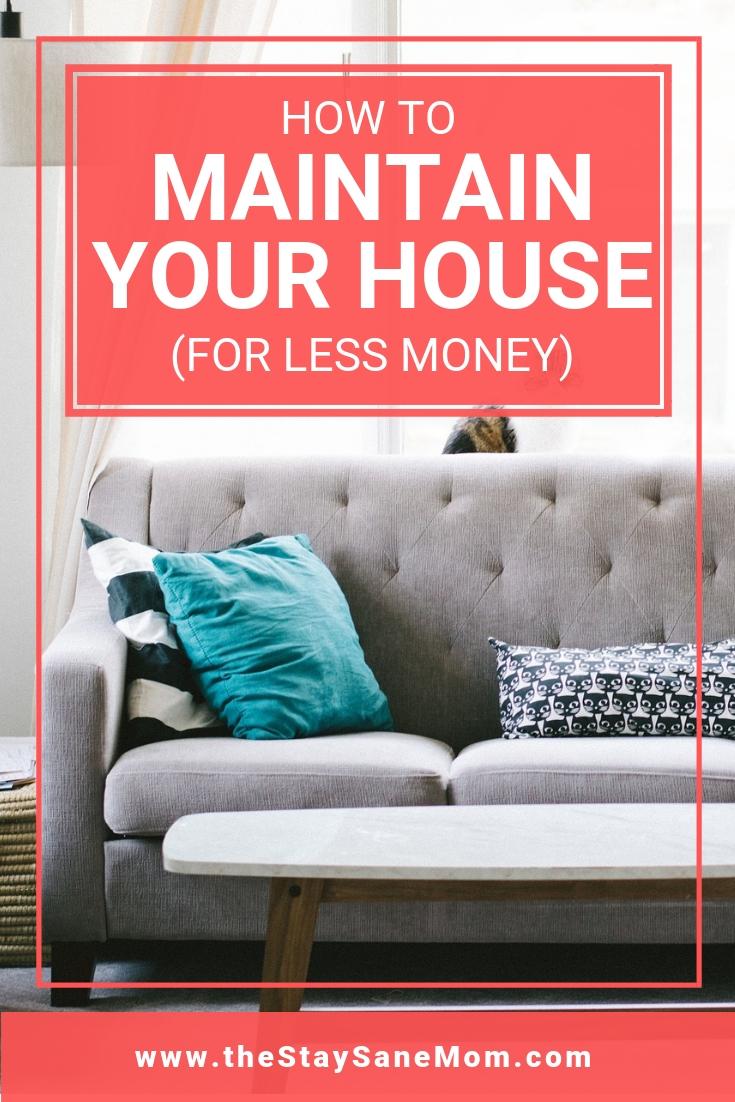
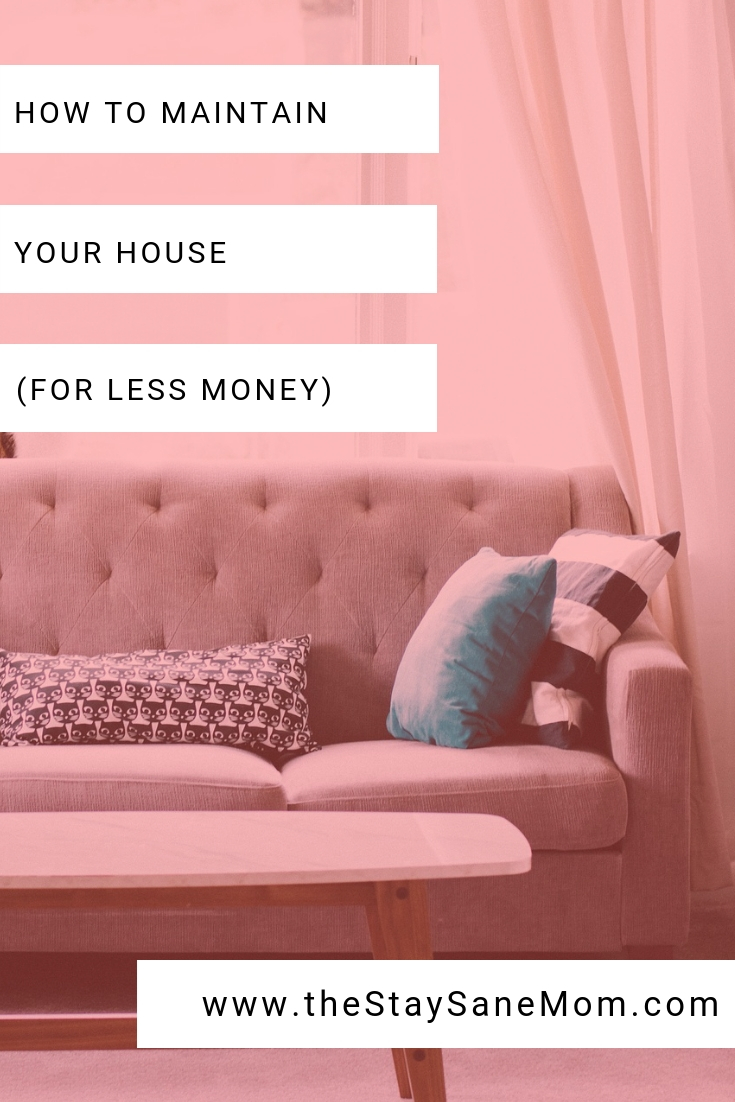

About the Author

Liz Bayardelle, PhD
Founder | Contributor
Liz (or Dr. Mommy, as her toddler started calling her after learning what a PhD was) is the happily sleep-deprived mom of a toddler (and professional raccoon noise impersonator), a sparkle-clad kidnado, a teenage stepdaughter, 200 cumulative pounds of dog, and herd of dustbunnies (if daily vacuuming doesn't occur). During nights and naptimes, she uses her PhD in business psychology as an author, speaker, and consultant. She also serves as an executive and principal for three companies, two of which she co-founded with her very patient (and equally exhausted) husband.



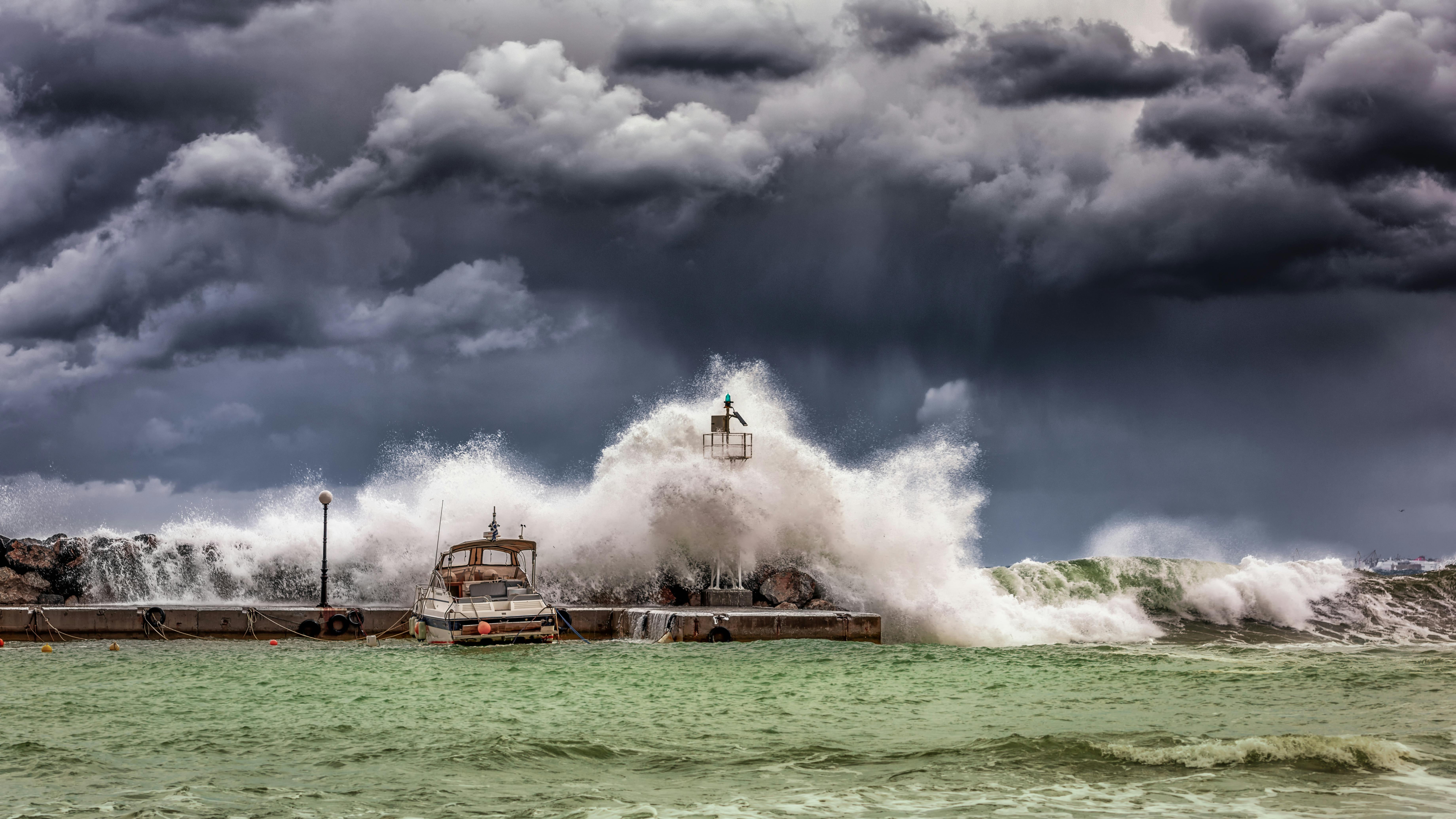

-Budget.jpg)